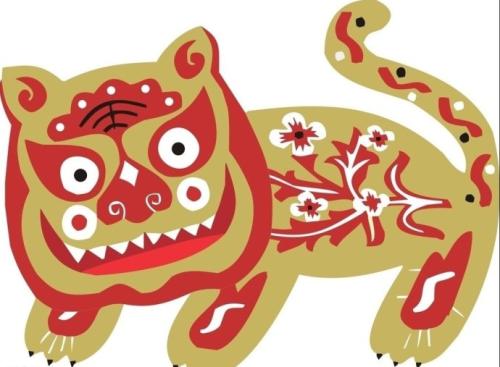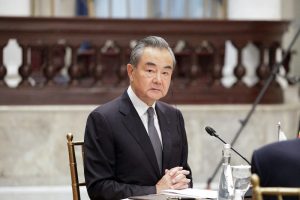(ATF) China’s Ministry of Commerce has issued a notice on regulations related to a government blacklist of “unreliable” foreign entities.
However, the “Regulations on the List of Unreliable Entities” has got analysts scratching their heads – because no companies are listed. It is blank, a literal paper tiger.
There is speculation, though, that a company might be named between now and the end of the year.
Given this very vague threat, people who have been gung-ho to invest in China’s increasingly open financial markets are confused by Beijing’s mixed messaging.
Once a firm is listed, investment in China will be restricted or prohibited.
Liao Shiping, a professor at Beijing Normal University, explained that the establishment of the list of unreliable entities will not change the country’s policy of opening-up, or try to suppress foreign investment.
Foreign investors could rest assured about putting money into China, Liao said, but people needed to be careful not to cross the “red lines” set out by the Ministry of Commerce.
Retaliation
This move is widely viewed as retaliation for the US ban on Huawei and around 100 affiliated enterprises because of national security concerns and other offences such as companies that sell products generated by the “forced labour” of Uighurs in western Xinjiang province.
While no firm has been put on China’s official blacklist so far, numerous foreign entities are unable to open shop in China, such as Google, Twitter, Facebook, plus various foreign media companies.
And many business sectors and things are banned altogether, including gambling, violent video games, films, music and pornography.
Pop star Justin Bieber was reportedly banned for his ‘distasteful antics’, while Brad Pitt was forbidden to travel there for many years after he played a key role in the film “Seven Years in Tibet”.
On an irregular basis, China also bans cartoon characters, or certain items that suddenly become sensitive, such as jasmine flowers. (This reportedly followed the Jasmine Revolution in Tunisia in 2011, which allegedly inspired pro-democracy protests in China and was seen as “symbolic” of people seen as wanting to sow rebellion).
Of course, if China did publish an open blacklist this would bring clarity and transparency to the issue. But, it is worth watching this space.
























